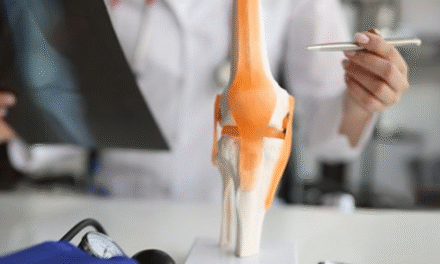Renal calculi, or kidney stones, get attached to the kidneys and can cause severe discomfort while passing through the urinary tract. The condition, in fact, is common in India because of dietary habits, climate, and genetic predispositions. Conventional treatments, though, use pain management and even surgical intervention to address the pain, but homeopathy offers a holistic cure through a non-invasive approach.
In this post, the causes and symptoms and the types of kidney stones are enunciated followed by an insight into the natural homeopathic remedies available in India.
Understanding Kidney Stones
Types of Kidney Stones:
- Calcium Stones – The most common type, often made from calcium oxalate.
- Uric Acid Stones – Common in people with high protein intake or gout.
- Struvite Stones – Often associated with urinary tract infections (UTIs).
- Cystine Stones – Result from a genetic disorder causing cystine to leak into urine.
Common Symptoms:
- Severe pain in the back and sides (flank pain)
- Pain radiating to the lower abdomen and groin
- Hematuria (blood in urine)
- Nausea and vomiting
- Frequent urge to urinate
Homeopathic Approach to Kidney Stones
Homeopathy treats kidney stones by treating the patient with homeopathy without surgery and organ preservation improves his nutritional intake. Some of the commonly used homeopathy remedies for this purpose are:
- Berberis Vulgaris: Sharp pains which radiate down into thighs and groin. Also helps empty small stones.
- Cantharis: Where there is burning with urination.
- Lycopodium: For right-side kidney stones, it causes increasing pain on urination.
- Hydrangea Arborescens: The “stone-breaking” remedy breaks down kidney stones.
- Sarsaparilla: The pain felt at the end of urination.
Dr Harsh Sharma, a reputed homeopath in India, says that these remedies relieve painful episodes as well as naturally getting rid of stones without any surgery involved.
Case Study: Homeopathy for Kidney Stones in Pregnancy
Of a significant case was an expectant mother who had bilateral renal calculus. While she was still pregnant, she could not be operated on because of her condition. Homeopathy worked for her, and within six weeks, she was able to pass out the stone without any complications and allowed for safe delivery.
Governor, in his message, stated that the interpretation of law is that the right to real estate can only be initiated in the case of illegal alienation of state land and not be promoted to, inter-alia, other purposes.
Advantages of Homeopathic Treatment in India
Non-invasive and safe: Homeopathy instead of surgery dissolves stones and prevents recurrence.
Cost-Effective: Homeopathic medicines usually cost less than all pathy and surgeries.
Personal Treatment: Prescribe remedies according to the individual’s symptoms, constitution, and medical history.
Lifestyle and Dietary Changes for Prevention
Moreover, lifestyle alterations can provide assistance in preventing kidney stones apart from homeopathic remedies.
- Hydration: Drink lots of fluids to dilute urine.
- Dietary Changes: Limit intake of oxalate-rich foods-such as spinach, chocolate, and nuts & reduce salt and animal protein.
- Exercise: working out regularly is another essential activity to keep one healthy.
Conclusion
Homeopathy makes a very good possible holistic treatment for kidney stones in a country like India where healthcare is difficult to access in remote locations. Because this mode of treatment focuses on causation and further induces healing through natural processes, homeopathy proves to be safe and effective as compared to conventional treatment techniques.
If planning homeopathic treatment for kidney stones, one should consult a specialist homeopath for detailed patient-specific treatment plans.
Also Read: Sabja Seeds: Benefits, Uses & Comparisons with Chia Seeds





